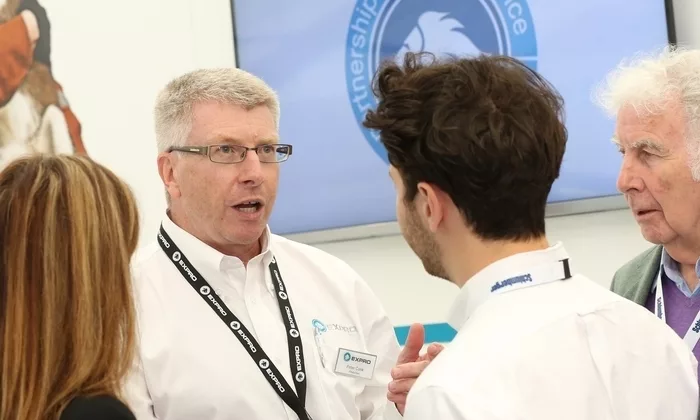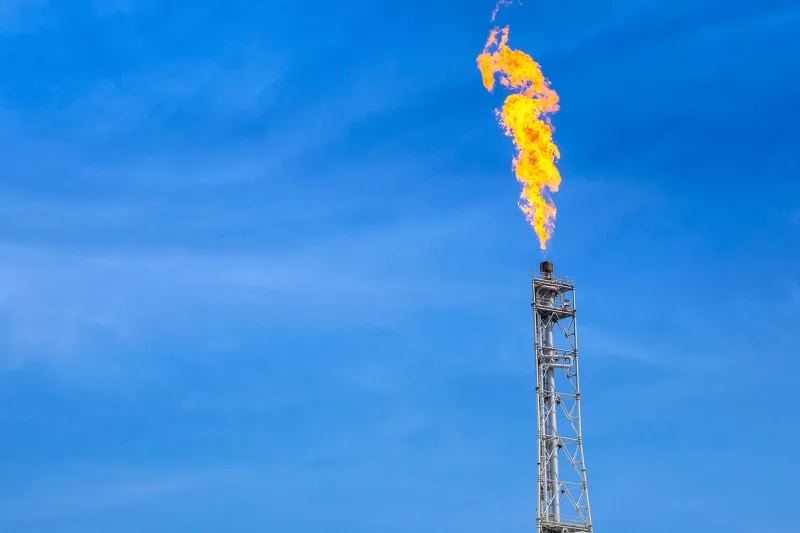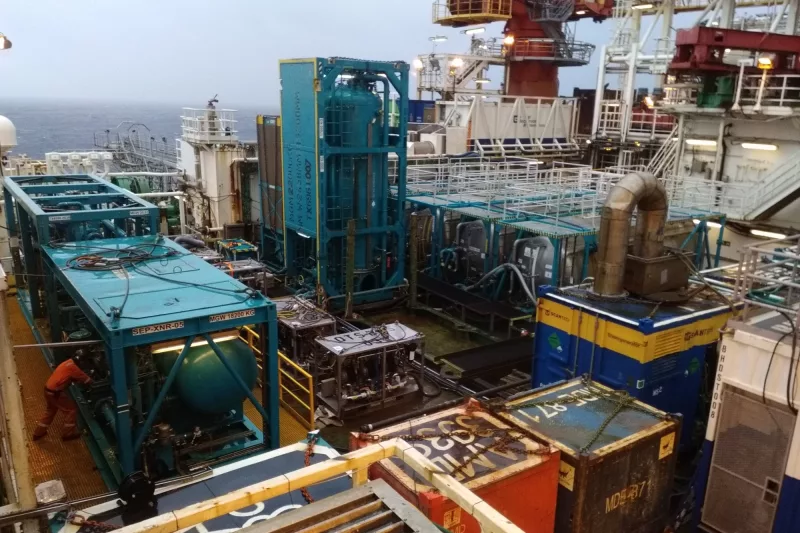
We live in a society dominated by consumerism, coveting the ‘next big thing’ whether that be the latest smartphone, gadget or car.
There are parallels within the oil and gas industry to this ‘new’ mindset. In the past, when wells started to decline in production, it was time to move on, explore new fields and drill new wells. Now however, we can’t take hydrocarbons for granted. We must step back and examine whether the declining well can be fixed to reach its full potential.
Production optimisation is not a new concept and with today’s constrained budgets, the opportunity exists to make the best of what we already have. A holistic view of existing well stock nearly always brings an opportunity for improvement, either in the reservoir, wellbore or surface piping and process equipment. All these areas are interdependent and directly influence production.
All fields have idle wells, where typically the wells have insufficient energy to produce into the plant, while others remain in production. These idle wells are shut-in and production is deferred when they share the same process equipment. The solution is to deploy a well unloading or low pressure production unit and return the wells to production at a lower wellhead or process pressure than the main plant. Then, we move on to separating and boosting hydrocarbons into the main export lines.
Major operators have partnered with Expro to optimise production using well unloading units. Chevron has utilised these units designed and operated by Expro with outstanding results and reliability, adding over 900,000bbl of incremental oil from four wells after two and a half years of operation.
In an ideal world, we’d be able to predict when wells will start to decline before they fall over. However, the best we can do is be proactive in our well management rather than reactive.
Well testing remains a critical requirement during E&A, to define reserves and development plans. Well testing during production is equally useful in optimising production from wells.
Expro’s clamp-on sonar flow meters facilitate production testing on an individual well basis.
They can be retrofitted to existing brownfield projects and provide real-time continuous surveillance of the well performance. Whilst not a ‘crystal ball’, these technologies allow us to see through the pipe and measure production rate to proactively manage or optimise production.
Fossil fuels are a finite resource and as custodians of that resource, we have a responsibility for future generations to use them wisely and maximise their production. As we work to address production inefficiencies, it is key that we tap into the rich expertise of the industry, whether in monitoring, intervention, data measurement or engineering, to provide robust well management.
©2026 Expro. All rights reserved.
EXPRO HOLDINGS UK 2 LIMITED
Registered in England and Wales
Company number: 06491951
Registered office address: Second Floor Davidson House, Forbury Square, Reading, Berkshire, United Kingdom, RG1 3EU










